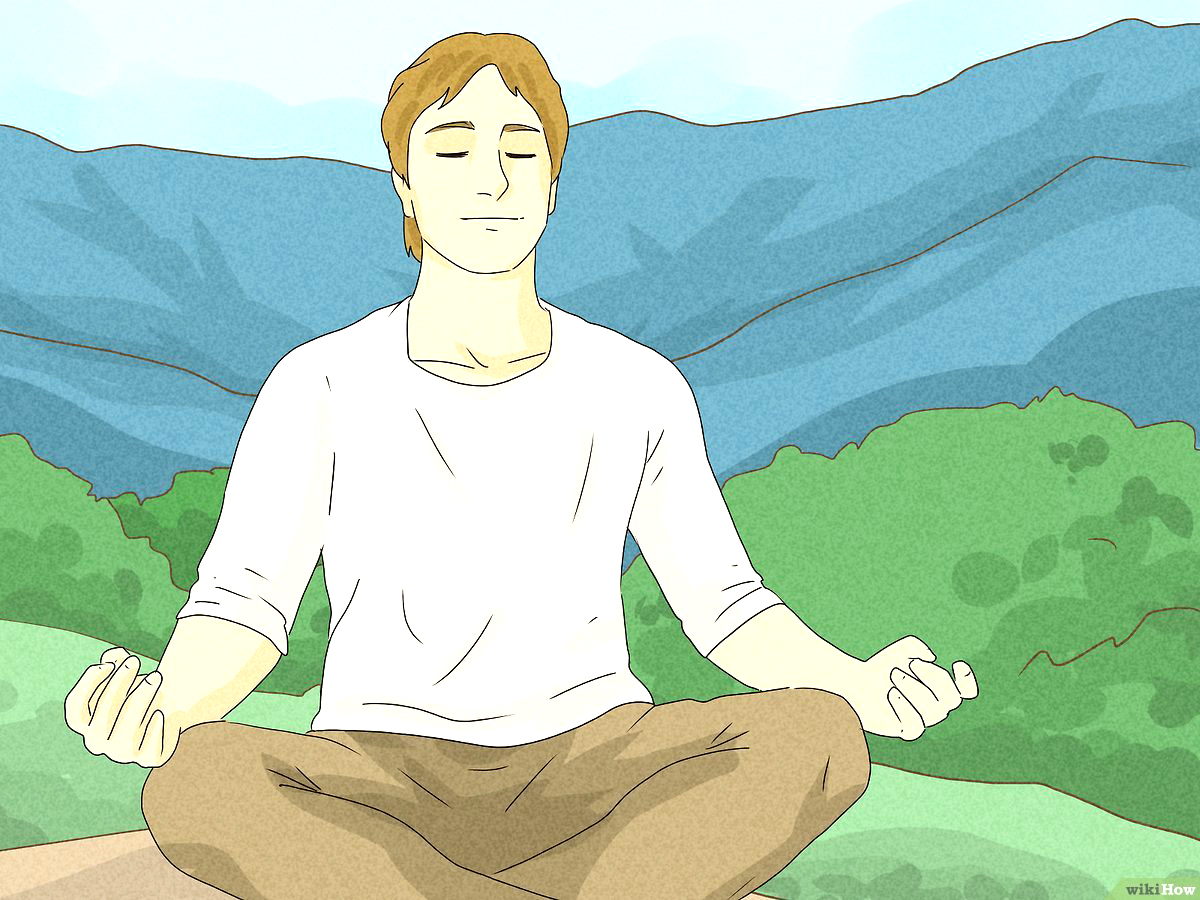Mahatma Gandhi (1869-1948) used to say, “Ahimsa (non-injury) is the highest duty. Even if we cannot practice it in full, we must try to understand its spirit and refrain as far as is humanly possible from violence.” An important aspect of being a human being is to develop an awareness regarding the discomfort or suffering that we can cause for others. Such disposition entails not injuring any form of life, as far as possible, through our thoughts, words, or actions and instead providing comfort wherever there is injury. Swami Vivekananda (1863-1902) said, “Never producing pain by thought, word, and deed, in any living being, is what is called Ahimsa or non-injury.” Ahimsa is a Sanskrit word that means not to cause injury or harm to anyone. Ahimsa is one of the behavioral observances known as Yamas that are practiced by practitioners of yoga. Respecting all forms of life, as far as possible, by avoiding the destruction of any part of the creation is vital not only for the survival of nature (including that of other human beings) but also for our own existence.
How can we cause injury by our thoughts? It has been well established in behavioral sciences that thoughts largely precede action or behavior. So, in that way, thoughts are very important. We should exercise the power of autosuggestions in improving our thought patterns so that we do not generate harmful thoughts about anyone. Why should we think badly about anyone? If someone is acting in a negative fashion toward us, are our actions not responsible for that? Or will thinking badly about that person improve the situation? More than likely if we think badly about the person the situation will become worse between us because whenever we meet that person, we will automatically induce a negative reaction in that person. If on the contrary, we think positively about the person and think of rectifying how we can improve so that the person does not react in a negative way to us then the chances of improvement of the relationship between us will be higher. Thinking harm-inducing thoughts for others is harmful to us as well because they stimulate the sympathetic nervous system. The sympathetic nervous system is the autonomic activity in our body that is responsible for spending our energy. The sympathetic nervous system liberates the stress hormones such as adrenaline (epinephrine), and noradrenaline (norepinephrine) and releases neurotransmitters such as dopamine. The sympathetic nervous system increases the heart rate and contractility of cardiac cells, induces the emotions of anger, aggression, restlessness, and increases the blood flow to skeletal muscles and lungs. Repeated activation of the sympathetic nervous system may be at the root of diseases such as hypertension, anxiety, depression, and other stress-related disorders. In any case, what is the point of spending our energy in a nonproductive way? Just by regulating our thoughts to think good things about others can bring so many benefits for us, so why should we think badly about others? Thinking good about others is also very important for our own peace of mind and tranquility. We should be forgiving toward others for our own sake. If we are at a harmonious wavelength, we shall be able to maintain equilibrium and restore that harmony for others. This is the key to peace and contentment in life.
In our thoughts, we can think badly about someone for any reason whatsoever and that can then translate into our words and often actions. The words that are spoken or written are often more harmful than actions. Words can cause a lot of pain to others. I have seen in my life that an unkind word can be very injurious. It can completely alter the perception of someone to the extent that the person starts hating you just for uttering something unkind. So, words must be chosen very carefully. Sometimes we make it a habit to gossip and talk badly about others. Such a habit needs to be curtailed. Gossip, if developed as a habit can provide a sense of pseudo-pleasure in the short term but is invariably harmful in the long run. This can only bring disharmony in our lives as well as that of others.
Another use of words that can often bring discord comes from arguing. We may be able to win our point in an argument but often it leads to the other person feeling bad. Arguments just for the sake of arguments simply to press one’s viewpoint should be avoided. I am sometimes so engrossed in my viewpoint that I forget the big picture and simply push harder and harder to make my point right. I often lose sight of the scheme of things and have at times had to pay the price for forcing myself to be “right” by antagonizing the other person. Then I have to make extra efforts to win over that person which is not always easy. However, sometimes it becomes necessary to put one’s viewpoint if one is on a solid footing. But then one should not be attached to the outcome. If the other person accepts your viewpoint well and is good and if they do not, then one should not be overly concerned and leave the matter. Most of what we do is very trivial compared to the grandiosity of the Universe and we should not take ourselves or our work so seriously.
Finally, our actions are paramount. We should not cause injury to anyone by our actions. In the crudest form, this refers to acts of violence that should be disdained at all costs. Causing physical harm to self, others, or anyone in nature must be avoided. Self-harm can sometimes be seen with clinical depression or other overwhelming circumstances in life. Nature has provided us with this life for living and we must show respect to it. If needed, we can take medications or other forms of psychotherapy to combat such self-destructive actions. Causing physical or mental violence to others is also unacceptable and must be avoided at all costs. Only if the threat is to self, then we must resort to self-defense.
Harm to animals and nature must also be avoided in our actions. Vegetarianism is a great way to show non-injury toward animals that also help the environment. Leitzmann in an article in 2014 in the American Journal of Clinical Nutrition traces the history and future of vegetarianism. He shows that early cultures were plant-based and religions such as Hinduism and Buddhism advocated vegetarianism. In Europe too, the Greek philosopher Pythagoras promulgated vegetarianism which was practiced by many. However, the Middle Ages had its toll on vegetarianism in Europe only to be revived during the Renaissance. In modern times, in England, the vegetarian society was formed in1847 and today there are billions of vegetarians. It is now well recognized through several epidemiological studies that plant-based diets offer superior health and ecological benefits.
Not injuring the nature or environment is vital for human survival in the future. Efforts must be undertaken not to cause destruction of nature for petty short-term benefits. We must think of the future of our planet in our actions. So here are some tips for practicing non-injury:
In the past 24 hours, have I thought badly about anyone?
How can I change my thinking bad about someone into a feeling of neutrality or positivity?
In the past 24 hours, have I uttered some verbal or written words that may have injured someone?
In the past 24 hours, have any actions caused any injury to self, others, or nature?
What can I do in the future to improve my words and actions so that I do not injure anyone?
Dr. Manoj Sharma is a Professor and Chair of the Department of Social and Behavioral Health at the University of Nevada, Las Vegas, USA. He is an avid practitioner of Kundalini Yoga.

















